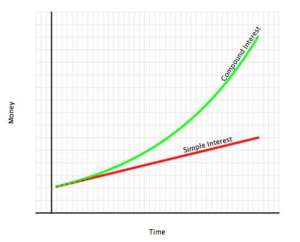How to Compound Interest
January 26, 2015 The note said: “So long as an Event of Default remains outstanding: (a) interest shall accrue at the Default Rate and, to the extent not paid when due, shall be added to the Principal Amount . . . .” The lender said this language meant that interest should be compounded, and the lower courts agreed — in the amount of almost $5 million. The borrower argued that this language only meant “that any unpaid interest will be added
The note said: “So long as an Event of Default remains outstanding: (a) interest shall accrue at the Default Rate and, to the extent not paid when due, shall be added to the Principal Amount . . . .” The lender said this language meant that interest should be compounded, and the lower courts agreed — in the amount of almost $5 million. The borrower argued that this language only meant “that any unpaid interest will be added
to the principal amount as the total debt due.” The Fifth Circuit disagreed, finding that this reading would impermissibly make the provision redundant “because it would operate only to label the accrued interest as money owed by [borrower] to [lender], and the interest was already owed. TCI Courtyard, Inc. v. Wells Fargo Bank, N.A., No. 14-10635 (Jan. 22, 2015, unpublished).